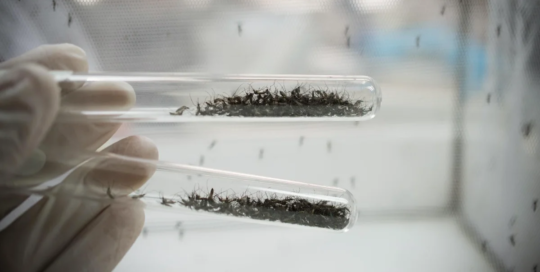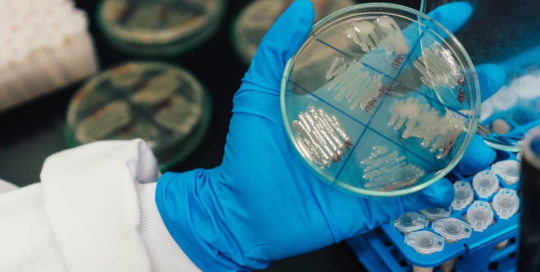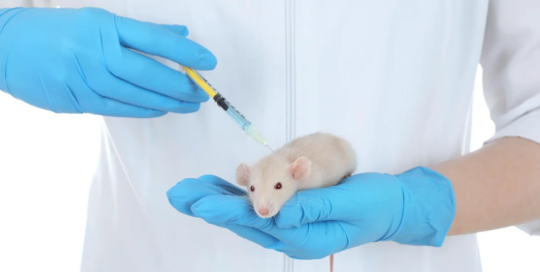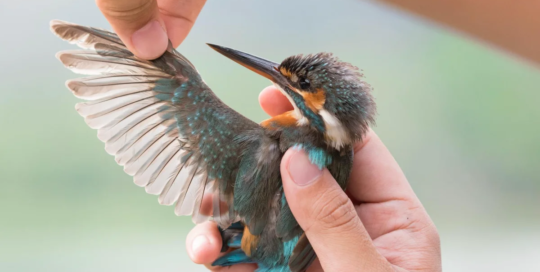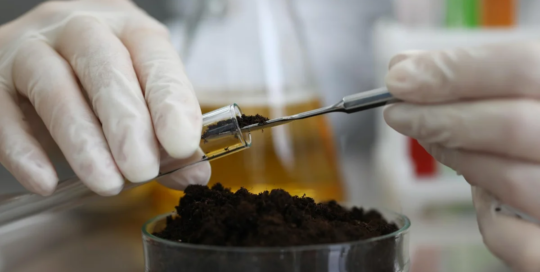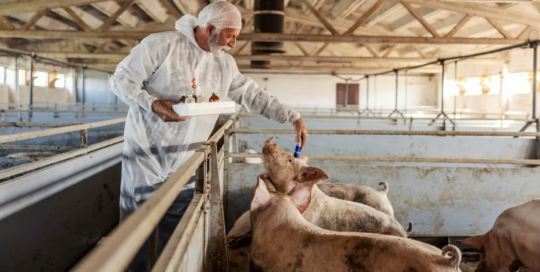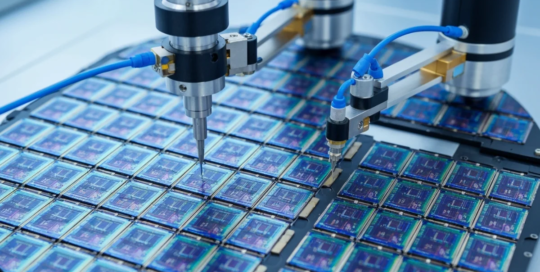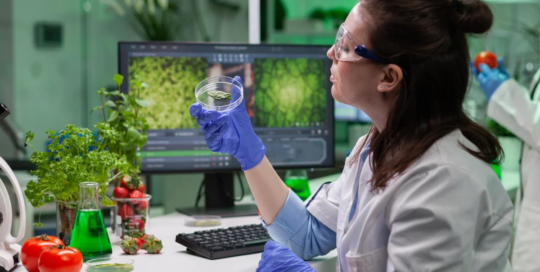Study the origins, behavior, diseases, genetics, and life processes of animals and wildlife. They specialize in wildlife research and management. They collect and analyze biological data to determine the environmental effects of present and potential use of land and water habitats.
Microbiologists
2025-08-01T19:47:28-06:00Investigate the growth, structure, development, and other characteristics of microscopic organisms, such as bacteria, algae, or fungi. Includes medical microbiologists who study the relationship between organisms and disease or the effects of antibiotics on microorganisms.
Biochemists and biophysicists
2025-08-01T19:43:31-06:00Study the chemical composition or physical principles of living cells and organisms, their electrical and mechanical energy, and related phenomena. They conduct research on the combinations and reactions involved in metabolism, reproduction, growth, and heredity. They determine the effects of foods, drugs, serums, hormones, and other substances on living organisms.
Biologists
2025-08-01T20:00:20-06:00Research or study basic principles of plant and animal life, such as origin, relationship, development, anatomy, and functions.
Soil and plant scientists
2025-08-01T19:31:57-06:00Conduct research in breeding, physiology, production, yield, and management of crops and agricultural plants or trees, shrubs, and nursery stock, their growth in soils, and control of pests. They study the chemical, physical, biological, and mineralogical composition of soils. They study alternative practices on soil and crop productivity.
Zootechnician
2025-09-22T09:31:44-06:00Conduct research in the genetics, nutrition, reproduction, growth, and development of domestic farm animals.
Nanotechnology engineering technologists
2025-08-01T17:21:59-06:00Implement production processes for nanoscale designs to produce or modify materials, devices, or systems of unique molecular or macromolecular composition. They operate advanced microscopy equipment to manipulate nanoscale objects. They work under the supervision of nanoengineering staff.
Validation engineers
2025-07-31T20:27:20-06:00Design or plan protocols for equipment or processes to produce products meeting internal and external purity, safety, and quality requirements.
Biochemical engineers
2025-07-31T20:27:04-06:00Develop usable, tangible products, using knowledge of biology, chemistry, or engineering. They solve problems related to materials, systems, or processes that interact with humans, plants, animals, microorganisms, or biological materials.
Mechanical engineers
2025-07-31T20:25:22-06:00Perform engineering duties in planning and designing tools, engines, machines, and other mechanically functioning equipment. They oversee installation, operation, maintenance, and repair of equipment such as centralized heat, gas, water, and steam systems.

